‘Prayer for the French Republic’ is Too Sprawling for Its Own Good
"Prayer for the French Republic" arrives on Broadway with great intentions but is excessive in its telling.

Bloodied and beaten, Daniel (Aria Shahghasemi) stumbles through the apartment door. While leaving school in the Sarcelles neighborhood of Paris, antisemites hurled insults at him and became physically violent.
“How many times have I begged you to wear a baseball cap?” his mother Marcelle (Betsy Aidem) pleads. “Why do you do this, why do you insist on putting yourself in harm’s way for no reason!” she continues. Daniel, insistent on wearing a yarmulke, won’t be deterred.
Daniel’s religious identity — and other topics of oppression, Zionism, belonging, and safety — are confronted head-on by the Benhamous and Salomons, the families at the center of playwright Joshua Harmon’s thoughtful but overly long drama Prayer for the French Republic.
Clocking in at over three hours, Harmon’s exploration toggles between 2016 and 1944 and covers five generations. Patrick Salomon (Anthony Edwards) serves as the narrator as we’re welcomed into a contemporary, affluent apartment. Sitting at a piano that bears the family name — and is owned by his sister Marcelle (née Salomon) Benhamous — he explains that the family business of selling the instruments dates back to 1855.
The store is still in operation by their father, Pierre (Richard Masur), but sales have been painfully slow. “Five generations! All that history! Think of what the store has seen — and survived!” he exclaims.

Indeed, the Montmarte shop has seen and survived a great deal. So have the Salomon family. Jumping to the past, Irma (Nancy Robinette) and Adolphe (Daniel Oreskes), Patrick and Marcelle’s great-great-grandparents, await the status of their son Lucien (Ari Brand) and grandson, Young Pierre (Ethan Haberfield) near the end of World War II. They’ve returned safely but scarred from witnessing the horrors of the Holocaust. Many others in their family perished, including Pierre’s own mother.
This quartet handles Harmon’s script with delicacy, but the flashback scenes do little to enhance the piece. In fact, they cause it to become a slog to endure. Perhaps Harmon included them to emphasize Patrick’s view of remembrance. “What is history, but a bunch of stuff other people tell you to get over already?” Patrick says. “So you do. You stop remembering. And eventually, everyone forgets. Even when you write it down, they forget! Or maybe they want to forget. Or maybe they need to forget, just to put one foot in front of the other.”
Surely the suffering and sacrifices of anyone’s ancestors should not be minimized, denied, or forgotten, but in this case, the same effect of recollection could be accomplished through references by Salomons’ descendants.
Marcelle’s husband, Charles (Nael Nacer), whose Jewish family fled Algeria, is fed up with the spate of antisemitism. He declares that he wants to move to Israel, much to the shock of his immediate family and to the disapproval of his brother-in-law, Patrick. “So your solution is to move to Israel?” Marcelle asks. “Honey, do you need me to buy you a newspaper? You feel unsafe, so you want to move to Israel?”
“At least in Israel, we’re all unsafe. We’re equally unsafe,” Charles replies.
Charles makes his announcement while hosting a family guest: Molly (Molly Ranson), Marcelle’s distant American cousin who is studying in France. Her well-intended, “enlightened” comments only spark riffs between her and Charles and Marcelle’s daughter, Elodie (Francis Benhamou, whose real name is coincidentally the same as her fictitious family surname).

Elodie is brutally acerbic, “You have the American Jew who hates Israel or is highly critical of Israel and I would argue part of why they feel able to be so critical of Israel is because they feel so safe in America, because they’ve convinced themselves that they can stay in America forever and maybe that’s true now but if history is our guide and history must always be our guide then you have to ask, so you feel safe today but will that be the case a hundred years from now? Or ten?”
It’s part of a lengthy but well-crafted diatribe that Elodie dumps on Molly while the two are at a nightclub. Arguably, it is the show’s best moment.
Prayer for the French Republic originally premiered at the Manhattan Theatre Club’s Off-Broadway stage in 2022. Antisemitism plagued the world then. In 2024, it continues to, particularly given the October 7, 2023 attack on Israel and the Gaza invasion that followed. Audience reaction will understandably be divided and further debate will carry on past the theater exit.
David Cromer directs the piece with a sensitive hand, but the pacing and often extraneous writing erodes the incisive points that the play could make in half the time. At its core, Prayer asks where safety resides. The play, its characters, and life itself offer no concrete answers or solace. Like the Benhamous and Salomons, we forge ahead, relying solely on a combination of faith, family, or friends for endurance and comfort.
Prayer for the French Republic (★★☆☆☆) is playing at the Samuel J. Friedman Theatre, 261 West 47th St. in New York City through February 18, 2024. Tickets are $94 to $298. Visit www.manhattantheatreclub.com.
Support Metro Weekly’s Journalism
These are challenging times for news organizations. And yet it’s crucial we stay active and provide vital resources and information to both our local readers and the world. So won’t you please take a moment and consider supporting Metro Weekly with a membership? For as little as $5 a month, you can help ensure Metro Weekly magazine and MetroWeekly.com remain free, viable resources as we provide the best, most diverse, culturally-resonant LGBTQ coverage in both the D.C. region and around the world. Memberships come with exclusive perks and discounts, your own personal digital delivery of each week’s magazine (and an archive), access to our Member's Lounge when it launches this fall, and exclusive members-only items like Metro Weekly Membership Mugs and Tote Bags! Check out all our membership levels here and please join us today!









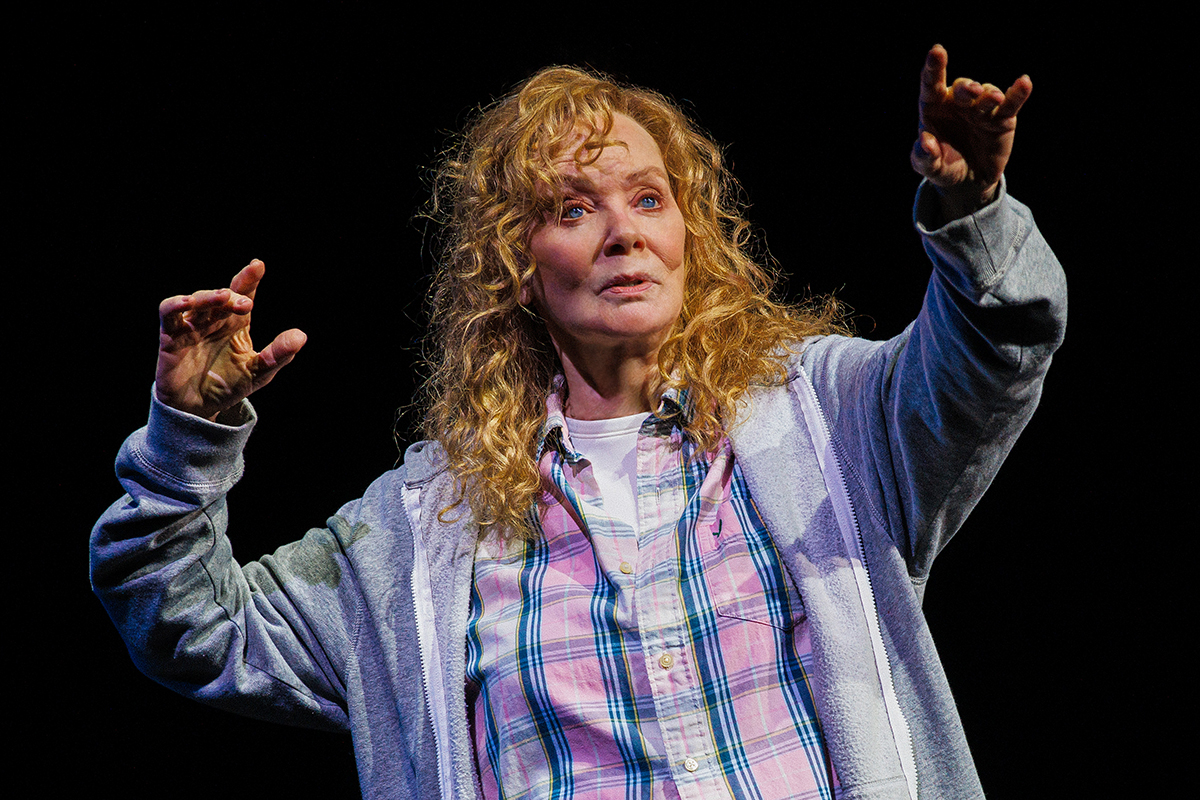
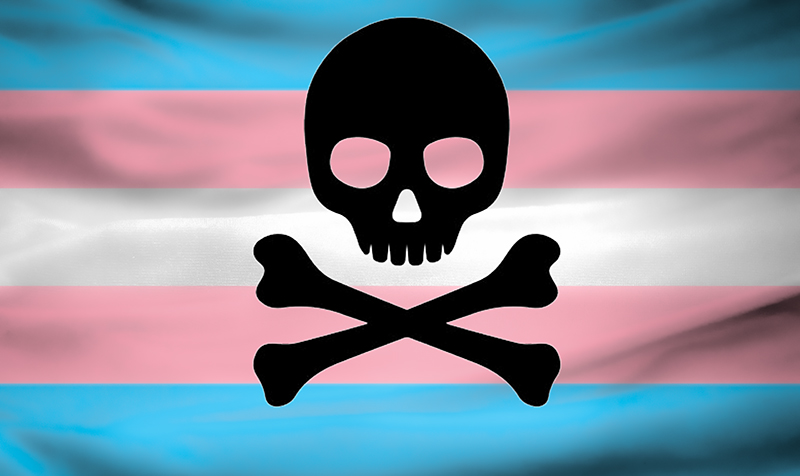
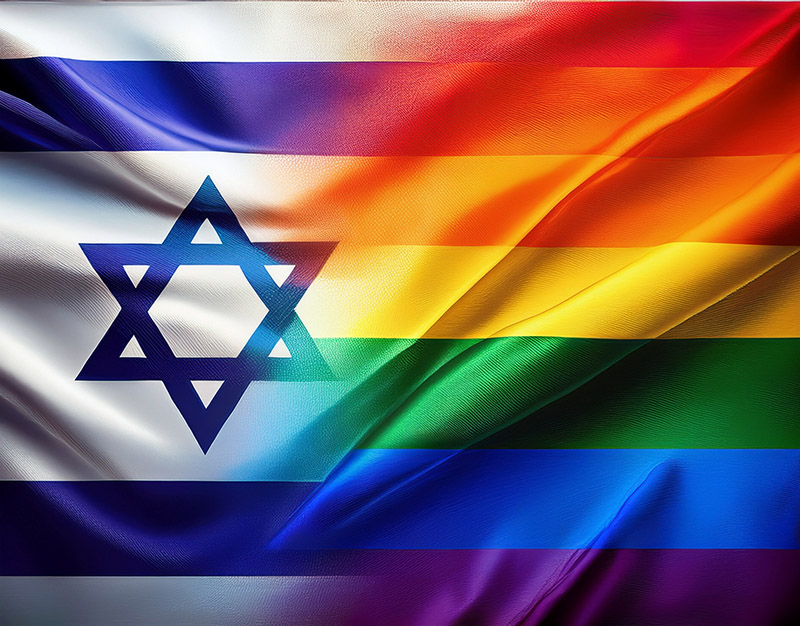












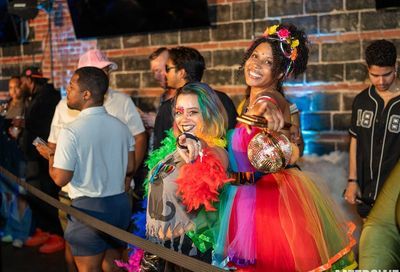
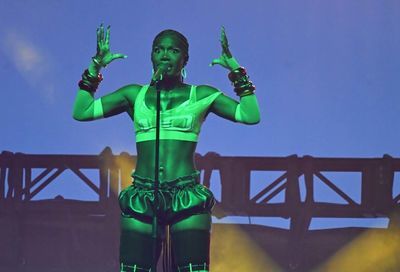

You must be logged in to post a comment.